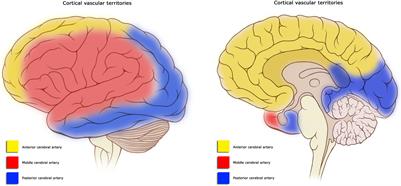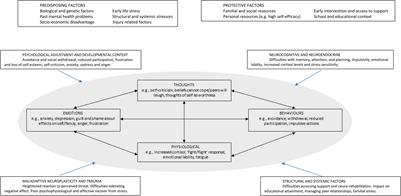HYPOTHESIS AND THEORY
Published on 10 Jun 2022
A Neuropsychological Rehabilitation Framework to Address Cognitive and Neurobehavioral Impairments After Strokes to the Anterior Communicating Artery

doi 10.3389/fnhum.2022.808011
- 5,925 views
- 1 citation
1,572
Total downloads
9,946
Total views and downloads
HYPOTHESIS AND THEORY
Published on 10 Jun 2022

REVIEW
Published on 09 Jun 2022

